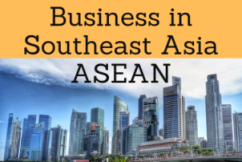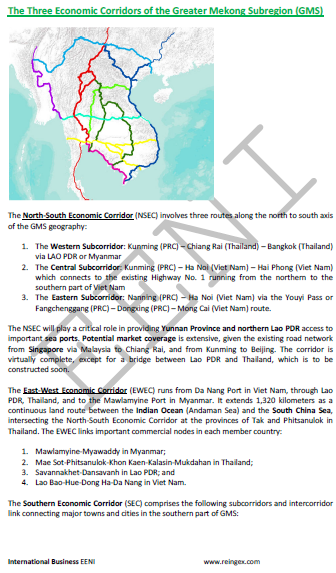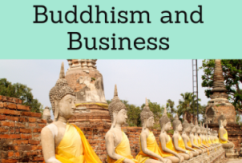Greater Mekong Subregion

Economic Area Greater Mekong, Cambodia, China, Laos, Myanmar, Thailand, Vietnam
- Introduction to the Greater Mekong Subregion (GMS)
- Strategic Framework
- Economic Profile of the Greater Mekong Subregion: Cambodia, China (Yunnan and Guanxi Zhuang), Laos, Myanmar, Thailand, and Vietnam
- Areas of activity:
- Transport (Cross-Border Transport Agreement)
- Tourism
- Regional Trade
- Agriculture
- Investment
- Energy
- Telecommunications
The objectives of the subject “Greater Mekong Subregion” are the following:
- To understand the purposes of the Greater Mekong Subregion
- To assess the benefits for the member countries and the areas of cooperation (logistics corridors, agriculture, trade) of the Greater Mekong Subregion
- To know the economic profile of the Greater Mekong Subregion

The Subject “Greater Mekong Subregion (GMS)” belongs to the following Online Programs taught by EENI Global Business School:
Masters: International Business, Foreign Trade.
Doctorate: Ethics, Religion & Business, Asian Business, World Trade.

Course: Buddhism and Business.
Languages:  (or
(or  Subregión del Gran Mekong
Subregión del Gran Mekong  Sous-région du Grand Mékong
Sous-région du Grand Mékong  ).
).
Credits of the Subject “Greater Mekong Subregion”: 1  .
.
Masters adapted to the Students of the Greater Mekong Subregion:  Cambodia,
Cambodia,
 Laos,
Laos,
 Myanmar,
Myanmar,  Thailand, and
Thailand, and  Vietnam.
Vietnam.

Greater Mekong Subregion (GMS):

Greater Mekong Subregion.
The Greater Mekong Subregion (GMS) is an Asian economic area near the Mekong River formed by:
The main objective of the Greater Mekong Subregion is to boost the economic cooperation between the member economies.

- All the countries, except China, belongs to the ASEAN
- The main religion of the countries of the Greater Mekong is Buddhism
- The Greater Mekong Subregion belongs to the Sinic - Buddhist Civilization
Economic Profile of the Greater Mekong Subregion (GMS).
- Total population: 326 million people
- Area: 2.6 million km²
- The Greater Mekong Subregion was created in 1992 by the Asian Development Bank
- Rich in natural resources: minerals, petroleum, and coal
- Great hydro-power potential
- The main economic sectors are agriculture and fisheries
- Access to the Asia-Africa Corridor
Economic Corridors Development.
- East-West Economic Corridor
- Phnom Penh-Ho Chi Minh City Highway
- East-West Corridor (Myanmar-Vietnam)
- Bangladesh-Myanmar Corridor
- China-Russia Corridor
- Trans-Siberian Railway (Russia, North Korea)
- Nanning-Singapore Corridor

(c) EENI Global Business School (1995-2024)
We do not use cookies
Top of this page


